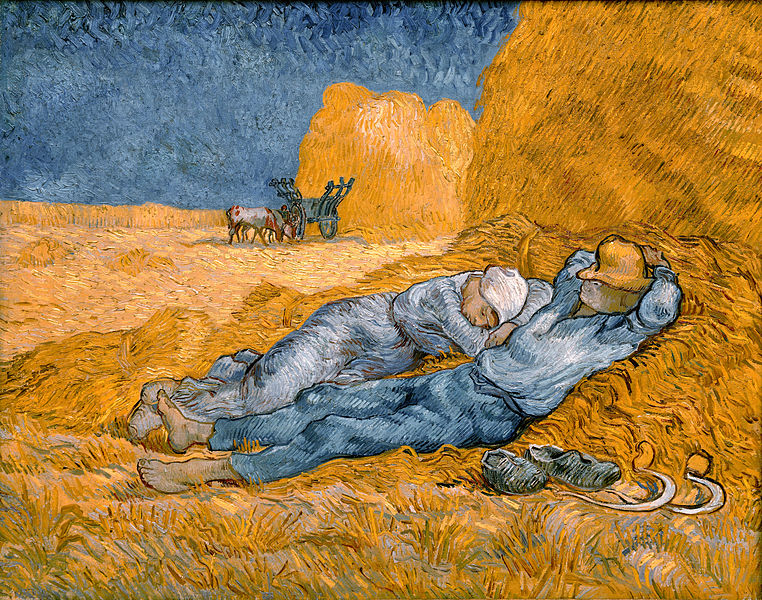
Sleep and the Microbiome
Sleep and Probiotics
The health of our microbiome (our unique mix of bacteria in the gut) is related to our general health in many ways, and it is clear the microbiome does much more than just aid the digestive functions. New research has discovered that these microbes also play a role in mental health and mood. Given this link between good bacteria in the gut and brain well being, it comes as no surprise that there is also a link between the microbiome and sleep.
Our microbiome is affected by diet, exercise, stressors, and, it turns out, even by our circadian rhythm (sleep cycle). Studies have established that impaired sleep patterns which disturb the circadian rhythms will also negatively affect the gut microbiome. (Study) (Study)
It is well established that both insomnia and depression “are linked to biological rhythms, immune function, and nutrient metabolism, but the exact mechanism is not yet clear. There is considerable evidence showing that the gut microbiome not only affects the digestive, metabolic, and immune functions of the host but also regulates host sleep and mental states through the microbiome-gut-brain axis.” (Study)
So, research clearly indicates that “disrupted gastrointestinal microbiomes play an important role in the development of mental disorders such as insomnia and depression.” (Study)
Thus, if sleep disorders can disrupt the microbiome, then perhaps fixing the microbiome will enhance quality sleep.
Research indicates that various bacterial metabolites made in the gut appear to be inducers of REM sleep, and may even impact the transition into deeper sleep.
Via the gut-brain-axis, the microbiome is linked to mood and stress response. We know that probiotic supplements (if they are the correct ones) can be of clinical benefit for treating stress and mood disorders, including anxiety and depression, both of which can have a negative impact on sleep.
Since, as we have already established, sleep disruption negatively impact the composition of bacteria in the gut, perhaps restoring those bacteria to their ideal balance, could help reverse the condition, leading to improved sleep patterns.
Aside from eating a diet including plenty of fiber and fermented foods, and trying to establish regular sleep routines, we can also use probiotic supplements to try and get our system back in order, especially if we suffer from insomnia.
As far as supplements go, I suggest the use of our Lactospore product. Rather that being a collection of bacteria, it is a spore which works to rebuild every individual’s ideal microbiome. (For more information on the subject of Lactospore follow this link: Lactospore)
Which Bacteria Helps with Sleep?
Now, let’s have a look at a clinical study that identified one particular bacteria which may be of help restoring normal sleep patterns.
“Here, we evaluated any beneficial effects of a potential probiotic bacterial strain (Lactobacillus plantarum MTCC 9510) in two different stress paradigms in mice.
Lactobacillus plantarum MTCC 9510 (2 × 1010 CFU per mice) was supplemented to male Swiss albino mice either subjected to chronic unpredictable mild stress or sleep deprivation (SD) stress. Various behavioural and biochemical tests along with selected gut bacterial abundances were determined. Lactobacillus plantarum MTCC 9510 supplementation prevented stress-induced behavioural despair (depression, anxiety, learning and memory, stereotypic behaviour), oxidative stress markers and inflammatory cytokines in brain and serum. Its supplementation also improved gut and blood brain barrier integrity.
Lactobacillus plantarum MTCC 9510 supplementation protects from chronic unpredictable and sleep deprivation-induced behaviour, biochemical and selected gut microbial aberrations in mice.” (Study)
This study did use a particular strain of L. plantarum, one which I could not find available commercially. Nonetheless, other strains of this bacteria are commonly available on the market, usually marketed for the treatment of IBS. And, given that IBS is linked to being hyper-susceptible to stress, it may be that any strain of L. plantarum will be beneficial for aiding in stress reduction, and improving sleep patterns. Should any readers out there find benefit from experimenting with L. plantarum, please let us know via the comments option, and we will share the information.
One other result of this study that is worthy of noting is the fact that the bacteria also “improved gut and blood brain barrier integrity”. Obviously gut integrity of is of great benefit for those suffering from leaky gut, but perhaps even more important is protecting the blood brain barrier. A thinning of this membrane is linked to a wide array of mental disorders (especially when gluten and casein can get into the brain), and now also to Alzheimer’s disease. (Article)
For more information on the subject of probiotics have a read of this older blog of mine: Probiotic Blog